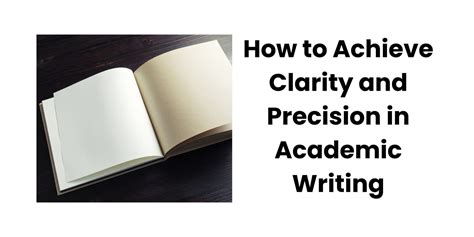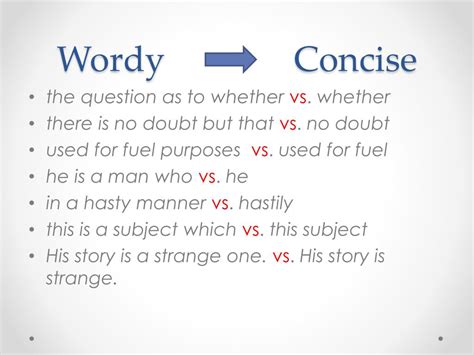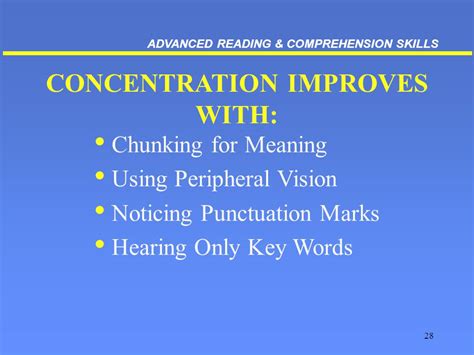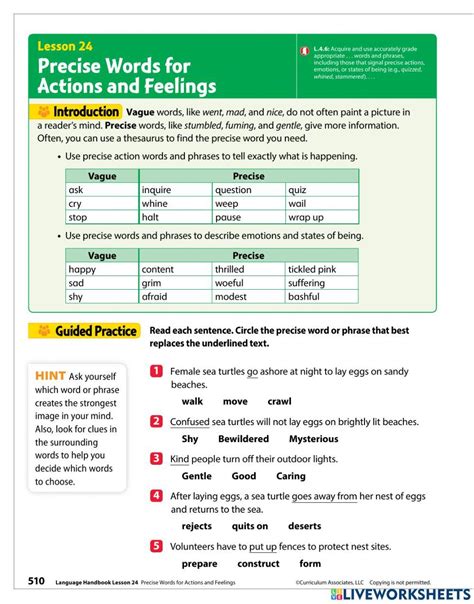The Power of Precision: Why Every Word Counts
In a world saturated with information, capturing and retaining a reader’s attention is more challenging than ever. Long, rambling sentences and paragraphs laden with superfluous words can quickly alienate an audience, obscuring your core message and diluting your impact. The question isn’t just whether trimming excess words can maintain clarity and engagement, but whether it is, in fact, absolutely essential for it. The answer is a resounding yes.
Lean writing isn’t about sacrificing detail or nuance; it’s about crafting prose that is direct, impactful, and respectful of the reader’s time and cognitive load. It’s about ensuring every single word serves a purpose, driving your point home with maximum efficiency.
Why Less Is More: Enhancing Clarity and Engagement
The primary benefit of trimming excess words is the immediate boost to clarity. When your writing is free of clutter, your ideas shine through with greater luminescence. Readers don’t have to wade through unnecessary phrases or redundant expressions to grasp your meaning; the path to understanding is unobstructed. This clarity, in turn, fosters engagement.
An engaged reader is a reader who feels their time is valued, who can follow your arguments effortlessly, and who remains interested from sentence to sentence. Wordiness, conversely, can lead to cognitive fatigue, causing readers to skim, disengage, or abandon your text entirely. Concise writing respects the reader’s attention span, offering a more satisfying and efficient reading experience.

Identifying the Culprits: Where Excess Words Hide
Often, writers are unaware of how much verbal fat has accumulated in their drafts. Excess words can manifest in various forms:
- Redundancy: Phrases like “completely essential,” “past history,” “basic fundamentals.” If something is essential, it’s already completely so.
- Weak Modifiers: Words like “very,” “really,” “quite,” “just.” Often, a stronger noun or verb can replace a weak modifier and the word it’s modifying. For instance, instead of “very good,” try “excellent.”
- Passive Voice: While sometimes necessary, overuse of the passive voice can make sentences longer and less direct. “The ball was thrown by the boy” (passive) vs. “The boy threw the ball” (active).
- Prepositional Phrases: Many prepositional phrases can be condensed or replaced. “In the event of” becomes “if”; “due to the fact that” becomes “because.”
- Clichés and Jargon: Overused phrases add little value and can sometimes obscure meaning. Aim for original and direct expression.

Strategies for Surgical Trimming
Developing an editor’s eye for your own writing is a learned skill. Here are some strategies:
- Read Aloud: This helps you catch awkward phrasing, long sentences that trip you up, and unnecessary words that sound clunky.
- Hunt for ‘Weak’ Words: Search your document for words like “that,” “which,” “of,” “really,” “very,” and “just.” While not all are bad, they often indicate opportunities for tightening.
- Focus on Strong Verbs and Nouns: Replace weak verbs paired with adverbs (e.g., “walked quickly” with “raced”) and descriptive adjectives with more precise nouns (e.g., “a large, old house” with “a mansion”).
- Challenge Every Word: As William Strunk Jr. famously advised, “Omit needless words.” Ask yourself for each word: Does it add new meaning? Is it necessary for understanding? Can the sentence function without it?
- Break Up Long Sentences: If a sentence feels like a paragraph, it probably is. Shorter sentences are generally easier to digest and can increase readability.

The Impact on Your Audience: Trust and Authority
When you present your ideas succinctly, you project an image of confidence and authority. Readers perceive you as knowledgeable and respectful of their intelligence, fostering trust. Rambling prose, conversely, can make you seem unsure, unorganized, or even condescending.
Moreover, concise writing significantly improves retention. When information is delivered efficiently, it’s easier for the reader to absorb and recall. This is crucial whether you’re writing a report, an email, marketing copy, or an academic paper; the goal is always for your message to stick.

Beyond Cutting: Crafting Precision and Impact
Trimming excess words is not merely about reduction; it’s about refinement. It’s about chiseling away at the unnecessary to reveal the perfectly formed sculpture underneath. The ultimate aim is not just to have fewer words, but to have the *right* words, in the *right* order, conveying the maximum amount of meaning with the minimum amount of fuss.
This process transforms good writing into great writing. It ensures that your voice is clear, your message is unmistakable, and your readers are not only engaged but also enlightened by what you have to say.

Conclusion
The question of whether to trim excess words to maintain clarity and engagement isn’t really a question at all. It’s a fundamental principle of effective communication. By consciously and diligently removing the superfluous, writers empower their words to resonate more deeply, captivate more effectively, and achieve their intended purpose with unparalleled strength. Embrace conciseness, and watch your writing — and your audience — flourish.




